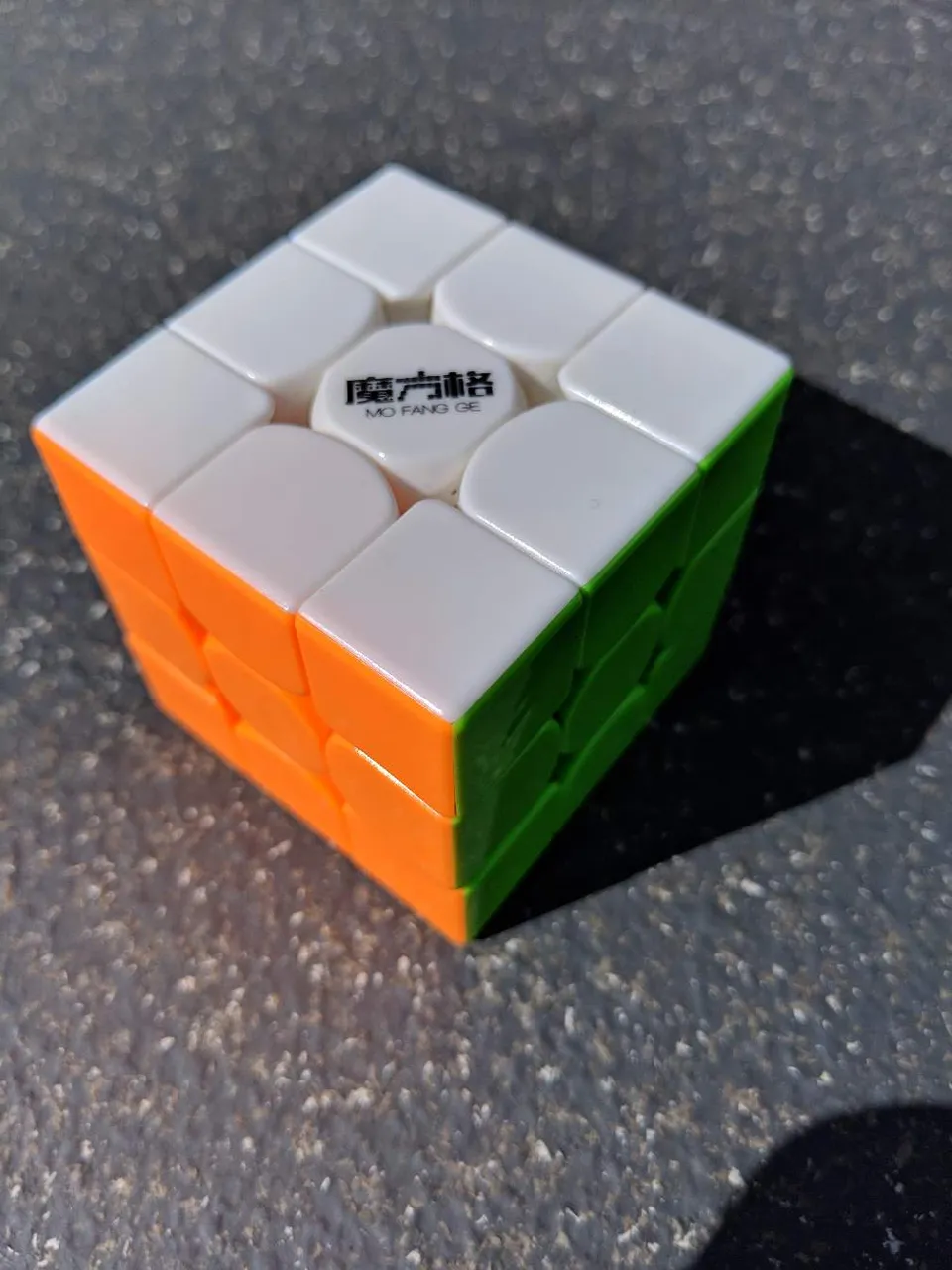
My brother introduced me to Magic Cubes late last year. I purchased cubes of my own and have been using them to provide some mental exercise. I often have trouble focusing on tasks and solving a magic cube is one method I am using to train short-term focus.
My cube is a stickerless Mo Fang Ge. It's pretty good, but doesn't have magnets so I have to be quite precise. Not the best cube, but not the worst. I figure I'll learn without magnets first.
Everyday I try to solve at least 6 times: 3 in the morning and 3 in the evening. If my solve time is particularly long then I don't count the solve towards my daily quota - but I do still record the time. Currently, that "too slow, do it again" time is 2 and a half minutes, but maybe I should reduce that now. Also, if I start a solve, then the timer runs until I complete - even if I mess up and have to fix mistakes. That's why I have some spikes in my times.
My short-term goal is to hit under 1 minute but this is difficult with the method I use to solve. I started with a variation to the common Beginners Method that has less to remember, but has longer solve times. Right now, I am replacing stages of my method with more efficient algorithms from the CFOP system. Given my limited practice time, I don't expect to progress very quickly.
Long-term, I'll be over joyed to consistently get under 20 seconds. This marker is considered Cubing's four minute mile equivalent because, even with unlimited training, not every human is capable of this.

My times are both improving and becoming more consistent. Today I achieved a new personal best of 1 minute 15 point 07 seconds.
I am currently improving the F Stage of CFOP. This is where we solve the First 2 Layers (F2L). The algorithms I am using is called "Intuitive F2L" where you just try and see. It was suggested I get good at Intuitive F2L before I learn more specific and efficient F2L algorithms. This is so that I can solve the F2L stage and add in more efficient algorithms for specific cases one by one, rather than trying to learn a full set of F2L cases and algorithms.
I'll keep working on Intuitive F2L until I plateau or get bored. I can then go back to improving my C stage (first stage of CFOP) or learn the OP stages. Either will result in improvements to my times.
I'll keep you posted.